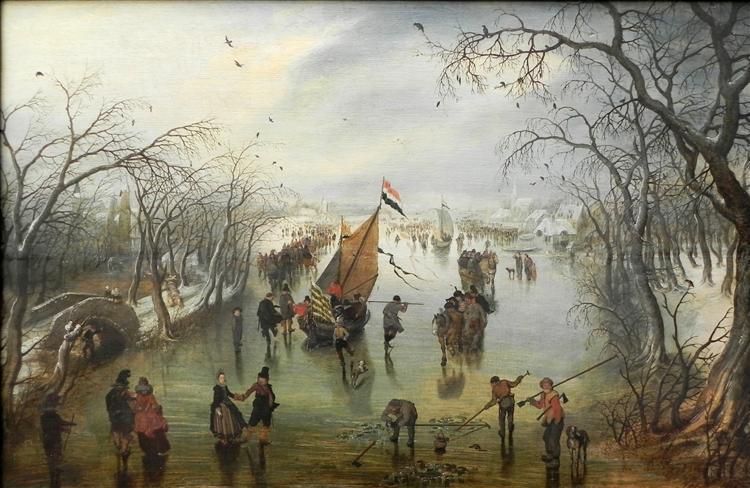I spent the past couple of days pretty seriously baked. I think that my brain is sufficiently reset that I can go back to work for the remaining seven work days prior to my September vacation. Today will be a return to virtue with a lot of temperance and a lot of water being run through the system to ameliorate the lingering effects of the "Bake Sale" I just treated myself to.
Michael has been prolific of late, and I have been lax in making certain that his work is posted and discussed.
His latest theory is that any expectation of capitalism to express a moral code similar to the populace that is its prey is most likely true, but kinda makes me sad. I think that what Michael is positing, at the core is that the quasi-corporate oligarchy we have voted ourselves with our mimesis is merely the set of wolves that shear us.
I can't really argue. All of the data seems to support this theory. But to me, it is all just Mammon.
Mike's rebuttal came from the reading of this articlehttps://monthlyreview.org/2019/07/01/late-imperialism/Globalizing a Global Result
Interesting article, but perhaps authors who specialize in economics and globalization like to make things more complicated than necessary by going beyond the basics that determine the results. I think this article does this, but then it keeps returning to the basic ideas and says: of course this is what resulted. Several things stood out to me, but today I only want to say something general about the first thing, and maybe later I will write something on the other things.
When I read complex articles like this one, I try to answer the question: what is the main point here? A good answer to this question cannot contain any of the specialized terms or even concepts used in the article; the answer should come only from fundamental concepts that apply as widely as possible across all areas of human activity. In this case, scholars made up specialized terms and then later decided that the terms don’t, and maybe never did, apply; but this wasn’t the main point I hope.
This article is written in the language scholars use to discuss globalization, and sometimes specialized discussion of this type hides the fact that the result being described is a universal truth that requires no specialty knowledge to understand - like saying that a new special version of something fell from a height of X feet and accelerated at Y rate – when everything does. An example is what is said in the bolded type below.
With the rise of monopoly-finance capital, the world has entered a new phase of imperialism, late imperialism, rather than a superseding of imperial relations. Late imperialism, as we have seen, represents an epoch in which the global contradictions of the system are revealed in ever starker forms and in which the entire planet as a place of human habitation is now at risk—with the catastrophic effects falling disproportionately on the most vulnerable of the world population. All of this is bound to generate greater geopolitical conflict as capitalism’s failure as a society becomes evident.
Everywhere, and for all of human history , negative or catastrophic effects from everything (other than revolutions) have fallen disproportionately on the most vulnerable of the population involved. What is “cannon fodder? It is not the baby born to the wealthy. Why do poor people live in polluted industrial areas and wealthy people don’t? It is not because poor people like the sights and smells of industry and industrial architectureThis phenomenon can be viewed as a result of willingness to regard a human as no more than a means to improve one’s own wellbeing. If one’s wellbeing will be diminished by losing a war, one can benefit by maintaining a class of poor that have no better option than to be a soldier fighting to preserve the state of affairs that has them being a soldier. It is not taking a big step to view the sphere of business as an extension of this willingness that has always existed.
The reason why I say capitalism, or the sphere of business, is immoral, is because it is based entirely on willingness to regard a human as no more than a means to improve one’s own wellbeing. This does not mean that if a business exists, it is immoral. The role of capitalism, the sphere of business, is to see to it that a business can and will consume any profitable entity that is not a business; meaning any entity that regards a human as other than a means. Thus, if business moves to a new area of the globe, the reason is so that the people or resources there can be used as a means; so, of course what has happened has.
To me, the last sentence in the excerpt above is baffling. What is meant by: “capitalism’s failure as a society? The society is those who are willing to regard humans as no more than means to improve their own wellbeing. The society seems to be doing fine these days - even splendid.
It is wrong to discuss capitalism’s failure as a society unless the failure is referenced to a completely unwarranted, illogical expectation. When the door is opened to let in an immoral entity, the result is predictable. It would be a productive and giant step forward if somehow people everywhere can come to understand that, under no circumstances, should a moral result be expected within the sphere of business.
The other main point I have been trying to express, is that populations that accept/embrace capitalism are immoral for doing so. In fact, capitalism can be accepted in a society that considers itself a moral one, only because the alternatives to capitalism are thought to be more immoral.
To wrap up, consider the excerpt below. Where it says: “none of this was a surprise for the more astute analysists of globalization”, it could instead say: “none of this was a surprise to anybody who understands how humans act”. How surprising canit be that gulf between the wealthy and those being used as means to increase profits and wealth of the wealthy, is growing? Who would have thought?
None of this was a complete surprise for the more astute analysts of globalization. In 1992, Magdoff wrote that, contrary to widespread expectations, sources of tension among the leading capitalist powers have increased side by side with their growing interdependence. Nor has the geographic spread of capital reduced the contradictions between the rich and poor nations. Although a handful of third world countries, benefiting from the globalization process, have made noteworthy progress in industrialization and trade, the overall gap between core and periphery nations has kept on widening.... The process of globalization has produced much that is new in the world’s economy and politics, but it has not changed the basic ways capitalism operates. Nor has it aided the cause of either peace or prosperity.








.jpg!Large.jpg)
